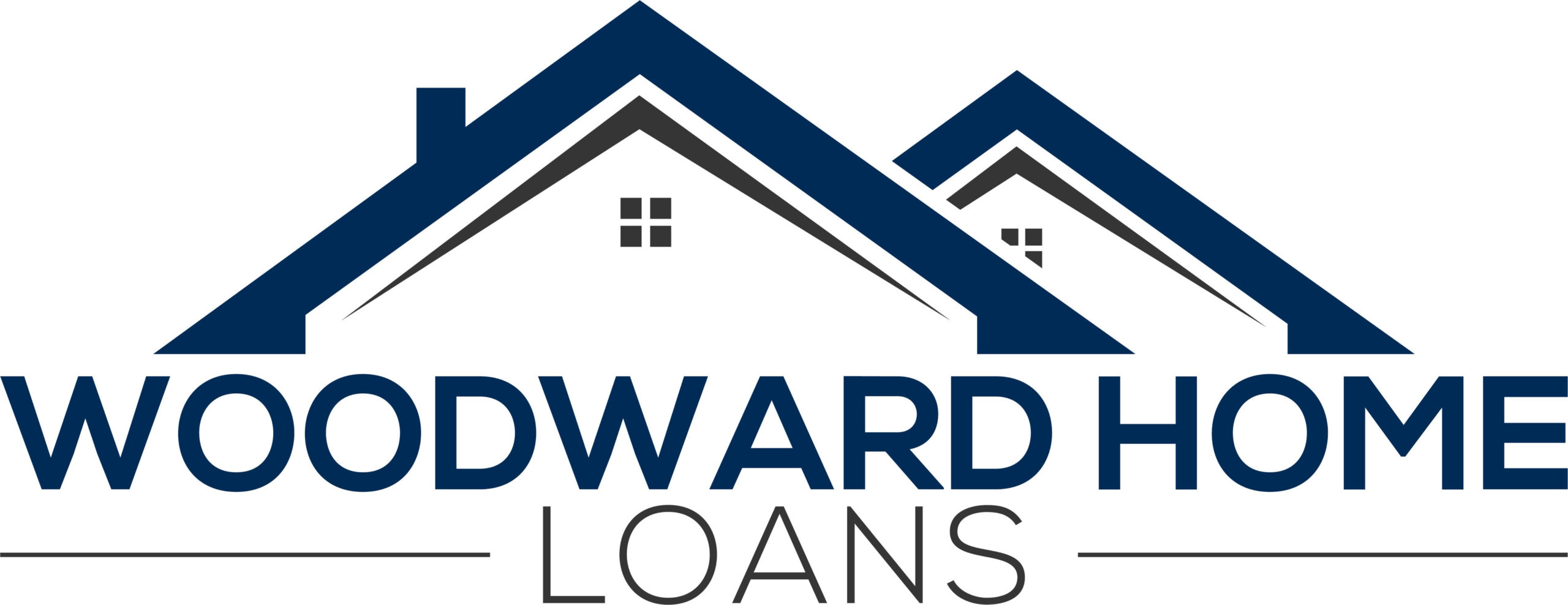Blitz News Digest
Stay updated with the latest trends and insights.
Home Loan Secrets Even Your Banker Won't Tell You
Unlock the hidden truths of home loans! Discover secrets your banker won't reveal to save money and secure the best deal.
Unlocking the Hidden Costs: What Your Banker Won't Reveal About Home Loans
When securing a home loan, many borrowers focus primarily on the interest rates and monthly payments. However, there are several hidden costs that your banker may not disclose upfront. First, consider origination fees, which can be anywhere from 0.5% to 1% of the loan amount. These are charged by the lender for processing the loan application and can significantly increase your overall loan cost. Additionally, borrowers must also account for closing costs, which often range from 2% to 5% of the home's purchase price. These fees include items like title insurance, appraisal fees, and credit report charges, all of which can add up quickly without clear communication from your lender.
Beyond these immediate expenses, it's crucial to think about private mortgage insurance (PMI). If your down payment is less than 20%, you may be required to pay PMI, which protects the lender in case you default on the loan. This can cost you hundreds of dollars a month that may not be reflected in your initial loan estimates. Furthermore, consider long-term costs such as property taxes and homeowner’s insurance, which can vary based on your location and can increase over time. To fully understand the financial obligations of your home loan, be proactive in asking your banker about these potential hidden costs and ensure you're fully prepared for the total impact on your budget.

The Insider's Guide to Securing the Best Home Loan Rates
Securing the best home loan rates can feel like a daunting task, but with the right strategies, you can simplify the process significantly. First, understand your credit score, as it plays a crucial role in determining the interest rates you will be offered. A higher credit score generally means lower rates, which can save you thousands over the life of your loan. Make sure to check your credit report for inaccuracies and improve your score by paying down debts and making timely payments.
Next, it's essential to shop around for mortgage lenders. Compare rates from various banks, credit unions, and online lenders to find the best deal. Don't be afraid to negotiate the terms of your loan as many lenders are willing to work with you to offer competitive rates. Additionally, consider the different types of loans available, such as fixed-rate or adjustable-rate mortgages, and weigh their pros and cons based on your financial goals. By taking these steps, you will increase your chances of securing the best home loan rates available.
Common Myths About Home Loans: What You Need to Know
When it comes to home loans, there are several prevalent myths that can cloud your understanding and decision-making process. One of the most common misconceptions is that you need a 20% down payment to secure a mortgage. In reality, many lenders offer options that allow for much lower down payments, some as low as 3% or even 0% for certain programs. This accessibility enables more potential homeowners to enter the market, especially first-time buyers who may not have substantial savings.
Another prevalent myth is that a perfect credit score is essential to qualify for a home loan. While having good credit can undoubtedly enhance your chances of getting favorable terms, many lenders are willing to work with borrowers who have lower credit scores. In fact, it’s not unusual for lenders to consider various factors, including your income, employment history, and debt-to-income ratio, when evaluating your mortgage application. Understanding these nuances can help you approach your home-buying journey with greater confidence.